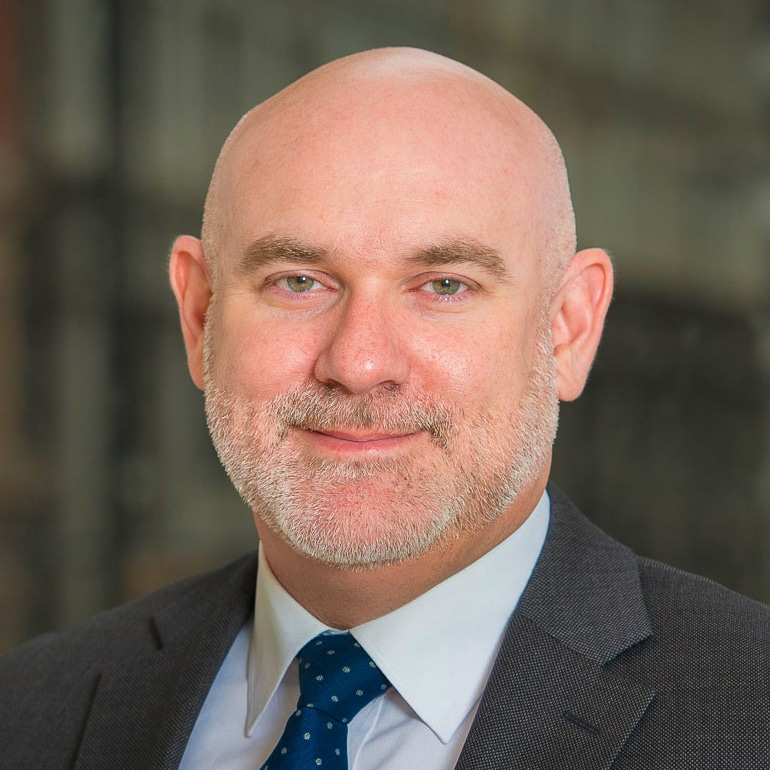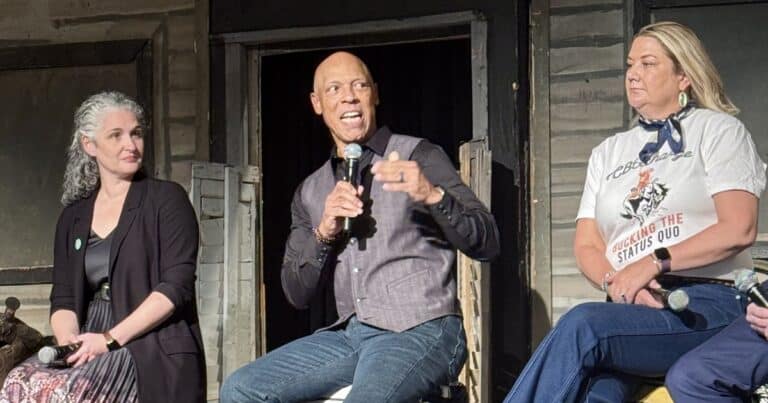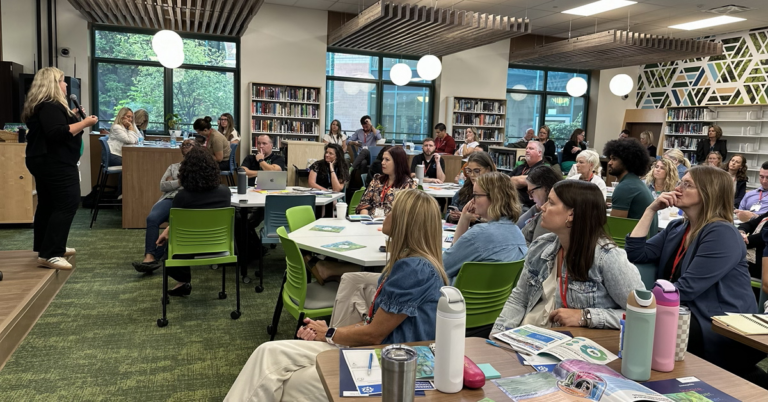When we partner with learning communities, our work starts with listening and understanding where our communities are – and where they hope to be. It’s truly about listening to the learners, the leaders and the educators, and responding to their needs.
While we have the tools to identify policy barriers, implement personalized, competency-based learning at the district level and help communities develop their own vision for what every learner in their community needs to excel, every local context is different. Our work looks different everywhere we go because of that.
As education increasingly becomes a political football, it’s important to remember who is impacted by the policies and practices that are being politicized: students. Our work is about building a system that prioritizes a learner’s needs, interests and passions. Much of the current political storms in education have little to do with policy and are more about adults putting their needs and wants ahead of what is best for our children.
For our President and CEO Bill Hite, “this is all about what we want young people to experience and how we will engage them. We are the individuals who are standing in front of them or supporting them. It’s so critically important that we refocus our debates on how to best respond to the needs of kids. We’re in the camp of the learner, being responsive to the learner and what they want to pursue, what they need to engage in that pursuit.”
Coming out of the COVID-19 pandemic there is much work to do to educate all learners in a system that, broadly speaking, performed predictably poorly when stressed to maximum levels. We have students that feel disconnected from their schools, their learning and even from themselves. The challenges – academic, socially and emotionally – and the desire for stability and normalcy have been palpable. The discussions about declines in test scores and even which tests are appropriate also need to consider what learners have been through and, most importantly, what needs to be done now to move learning forward. Recognizing the problem is important, but it’s the solutions that are critical.
Over the last few weeks, I’ve had the opportunity to see our work with our learning communities in action. In North Dakota, where KnowledgeWorks has our longest establish partnership, the cohort of districts and schools are leading the statewide gatherings focused on teaching and learning. They have not only taken ownership of advancing personalized, competency-based learning in their individual districts but leading the state-level convenings as well. This type of local ownership, moving from participating to leadership, is driven through deep commitment to each learner. Additionally, in Arizona we had nearly 200 people across four districts planning on how to launch personalized, competency-based learning in their schools and classrooms. There was so much evident excitement as educators shared stories about how they were going to center learners in their teaching and learning.
And according to Hite, it’s the learner that matters most.
“We have to talk about what’s important, what we want to see all children do in regard to their knowledge and importance,” Hite said. “The litmus test for me every single day is, what would I want for every single one of these children if they were mine or one of my grandchildren?”
Serving some learners well but not others, hearing from the same stakeholders instead of finding ways to include all voices, not challenging the way things are done because that’s the way they’ve always been done – none of these are options for us or for our learning communities.







